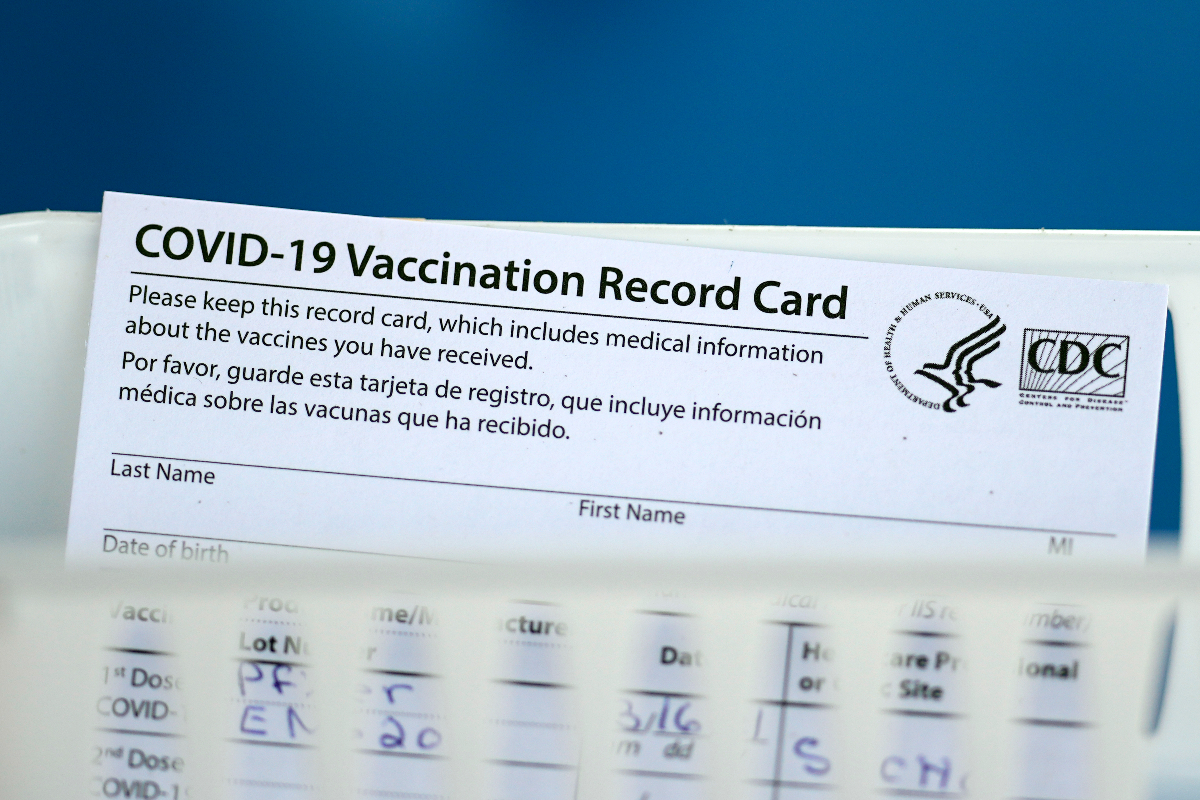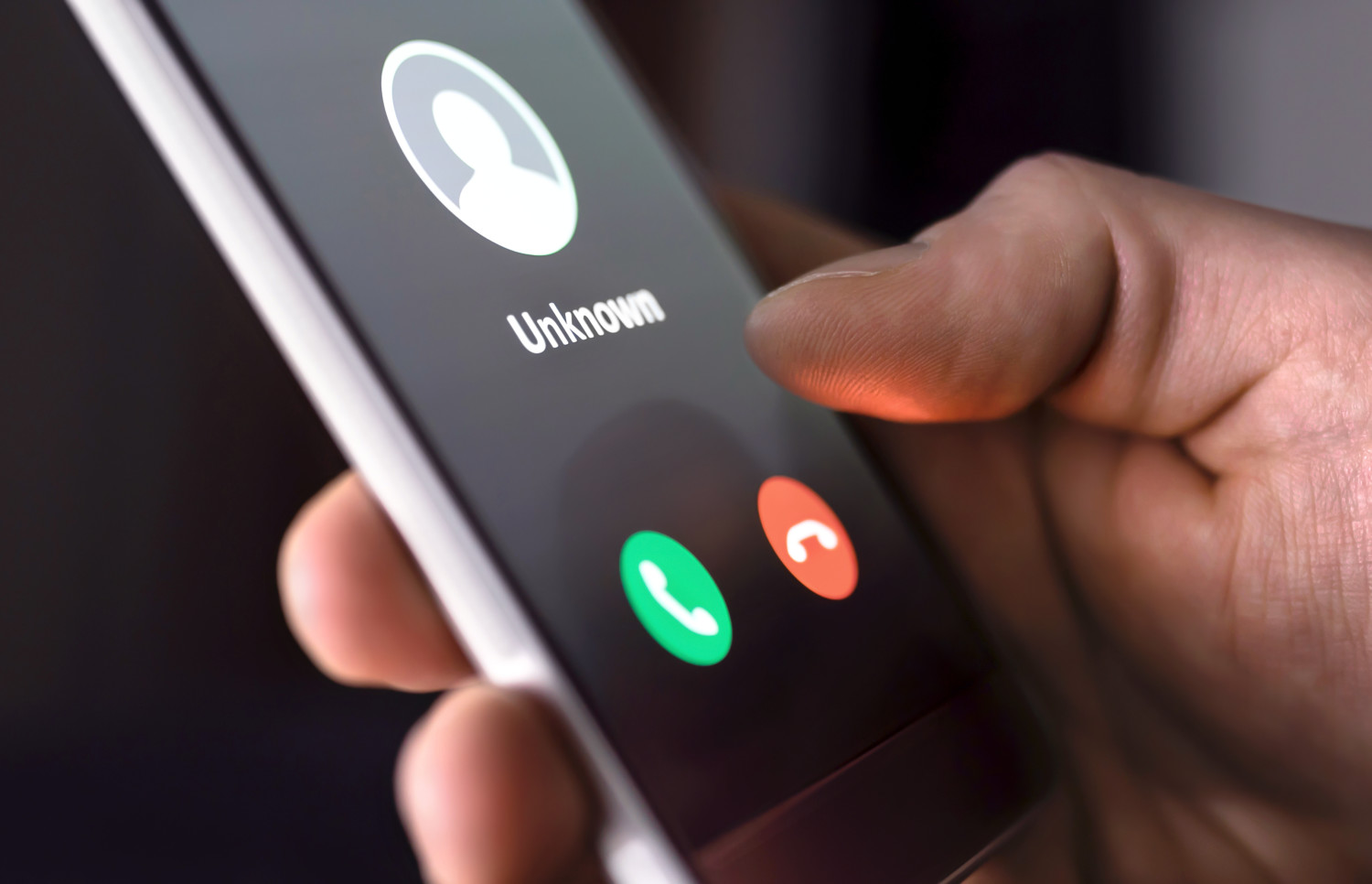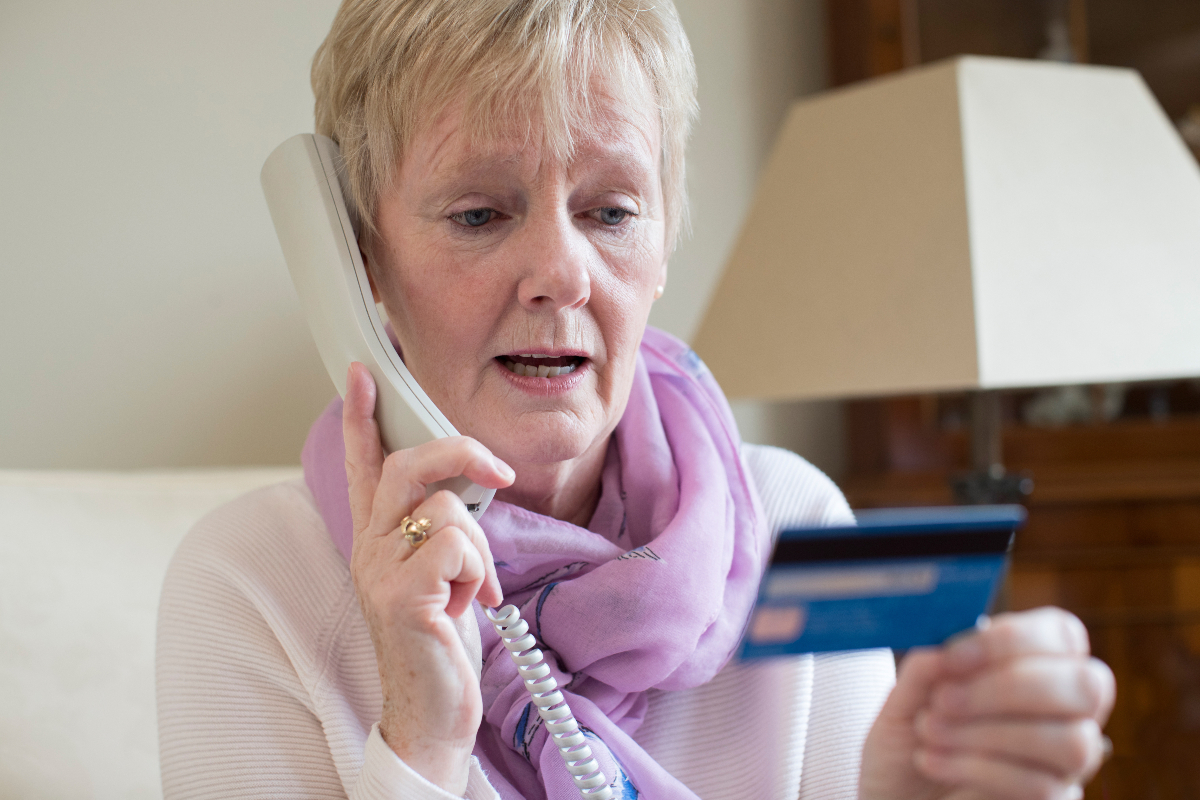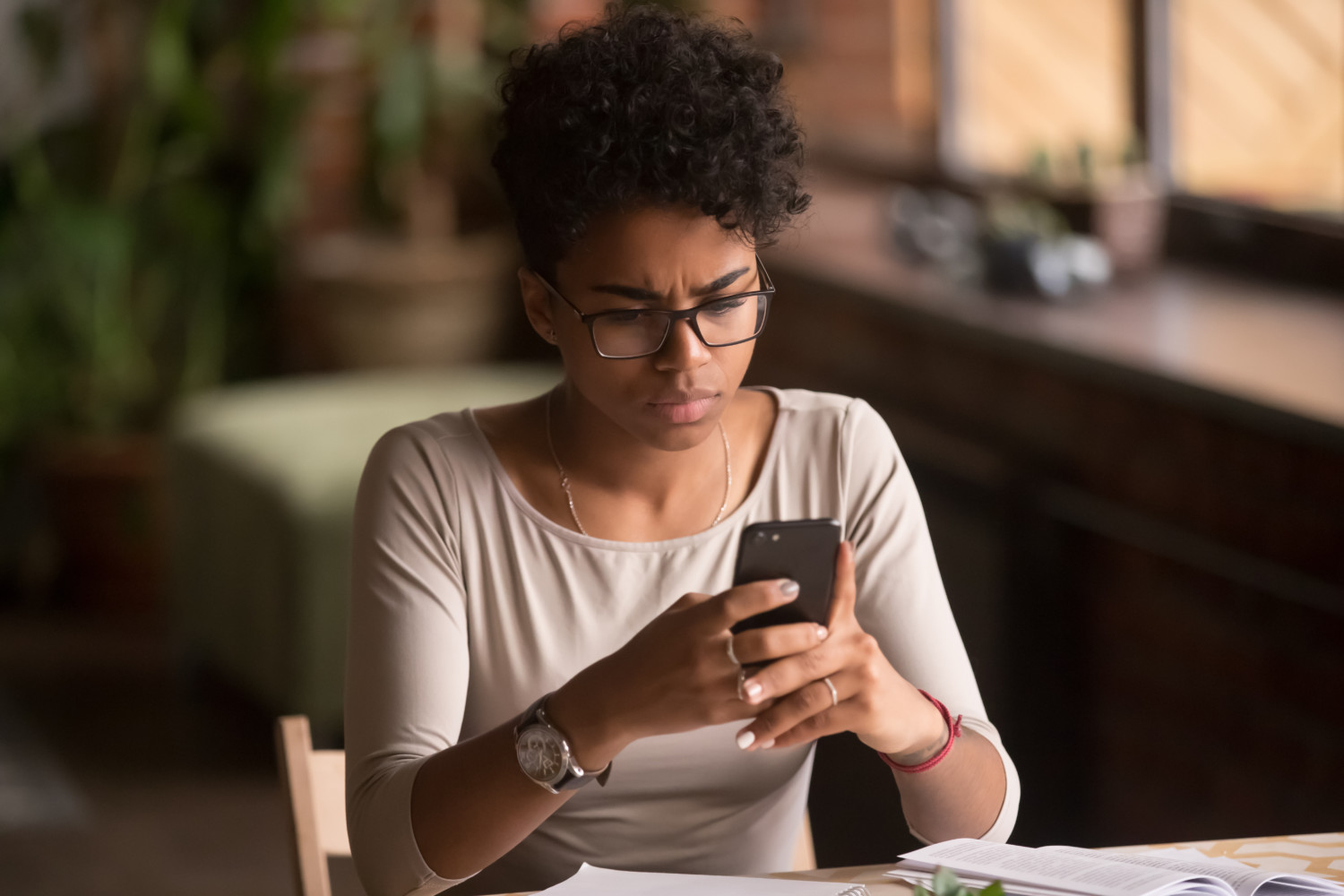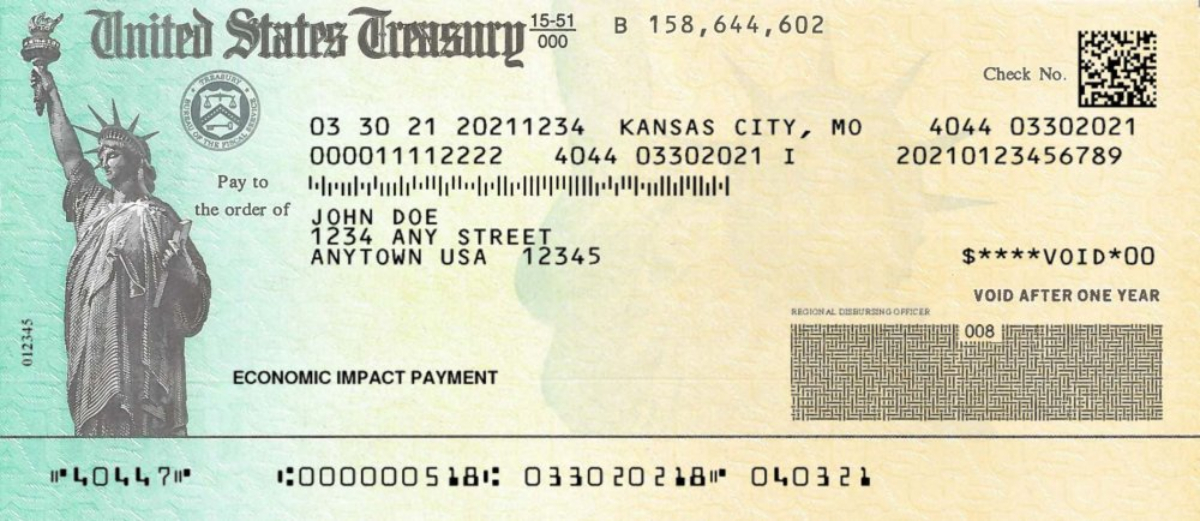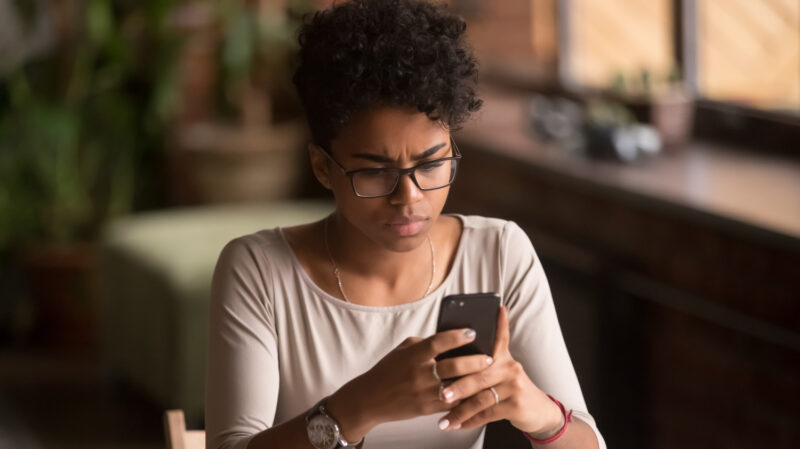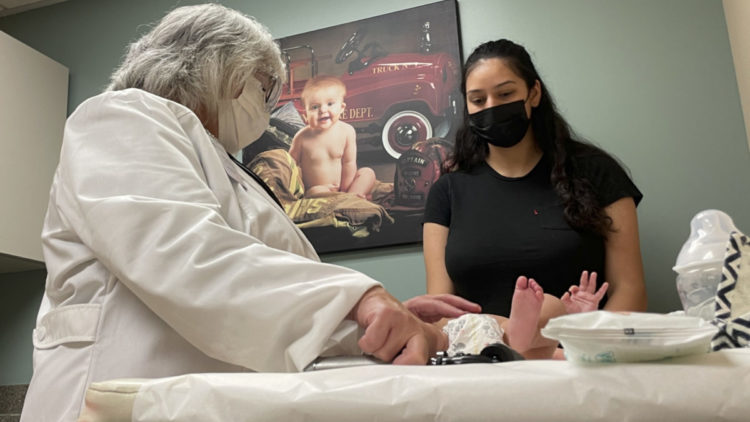Vaccine scam: Don’t fall victim to emails or calls offering ‘Early access’
Cyber scams have been on the rise throughout the coronavirus pandemic, from fake job postings to false COVID-19 “cures.” But the current demand for vaccines has caused fraudsters to shift their focus to COVID vaccine scams.
Data security firm Rublon placed the “early vaccine access” scam as No. 1 on their list of top pandemic scams. In this scam, fraudsters send texts, emails and letters or make phone calls in which they claim to have early access to COVID-19 vaccines, before your official government sources and healthcare providers.
“If you’re receiving unsolicited offers for a vaccine, not one, not two, but about 10 red flags should go up,” Nenette Day, of the Department of Health and Human Services Office of Inspector General, told NBC News. “There is no way that you under any circumstance should deal with anybody except a known and reputable medical provider or pharmacy.”
In another COVID vaccine scam, criminals are targeting people who have already received the vaccine, reaching out to survey them about the experience and promising them free gifts — even an iPad Pro — in exchange for their feedback. This fake survey scam could arrive via text, email or phone call. The scammers get your credit card information by saying you only need to pay shipping and handling in exchange for the free gifts.
“In reality, the surveys are used to steal money from consumers and unlawfully capture consumers’ personal information,” the U.S. Justice Department warns in a nationwide alert about COVID vaccine scams.
Even if you don’t give out your credit card information, these fake surveys are still dangerous because a large part of their goal is to collect your personally identifiable information, which can then be used to steal your identity in the future.
Fake COVID Vaccination Cards On The Rise
In addition to these phony vaccine surveys, there are other COVID vaccine scams happening as well, including the sale of fake COVID-19 vaccination cards. Some people are turning to the dark web to buy these phony cards, with sites selling fake cards on the rise in recent months.
“We’ve seen a 300% increase from what was available [for sale] in December,” Mark Ostrowski, the head of engineering at cybersecurity firm Checkpoint Software, told ABC7 News.
In addition to being aware of these fake vaccine cards, the FTC is also urging people not to post pictures of their vaccine cards online.
“Your vaccination card has information on it including your full name, date of birth, where you got your vaccine, and the dates you got it. When you post it to Facebook, Instagram, or other social media platform, you may be handing valuable information over to someone who could use it for identity theft,” the FTC warns.
How To Avoid Stimulus Check Scams
In addition to COVID vaccine scams, many people have been victims of fraud related to stimulus checks. After the first round of stimulus checks in 2020, the Federal Trade Commission (FTC) estimated that nearly $211 million was lost to scammers.
The Better Business Bureau says that scammers are targeting Americans via phone, text and email. When sent via text or email, the scammers include a link to “request benefits,” which takes you to a phishing site to collect your personal information.
Sometimes, scammers call people directly, saying they need your personal information in order for you to access your stimulus benefits. Other times, scammers will request your financial information, saying you can pay a small processing fee to immediately collect your stimulus money.
In addition, you should also be on the lookout for fake “government-issued” stimulus checks that come directly from scammers themselves. Scammers send phony checks to people and then later call them, saying that the amount received was incorrect and that they were overpaid. Then, they say, you need to provide personal information and/or bank information in order to reverse the incorrect amount and avoid potential fines or prosecution.
To help prevent this and to help protect vulnerable populations like the elderly, the FTC released an image of what an authentic stimulus check looks like:
Job Hunting And Romance Scams Have Also Increased During The Pandemic
Rublon noted that the other big scams they’ve seen a lot of during the coronavirus pandemic are romance schemes and job posting scams. In job scams, people are phished for their personal information via fake job postings. Scammers mimic the websites of authentic companies and post job openings, after which people are interviewed and asked to send copies of their driver’s licenses, Social Security cards and their financial information. The FBI is warning that these scams are increasing and that people need to be very cautious when applying for jobs online.
With so many people isolated at home and desperate for social or romantic contact, catfishing scams are also on the uptick as well. The FTC reports that Americans lost $304 million to online romance scammers in 2020, an increase of 51% from 2019, so experts are urging Americans to be cautious when using online dating sites and apps.
You can stay up to date on the latest COVID scams as well as other scams by following the Better Business Bureau’s Scam Tracker. If you or someone you love has been targeted by one of these scams, the U.S. Justice Department is asking that you reach out to the National Center for Disaster Fraud by calling 866-720-5721. And if you fear that you may have already revealed your personal info to one of these scammers, you can find out how to protect your identity at IdentityTheft.gov.


